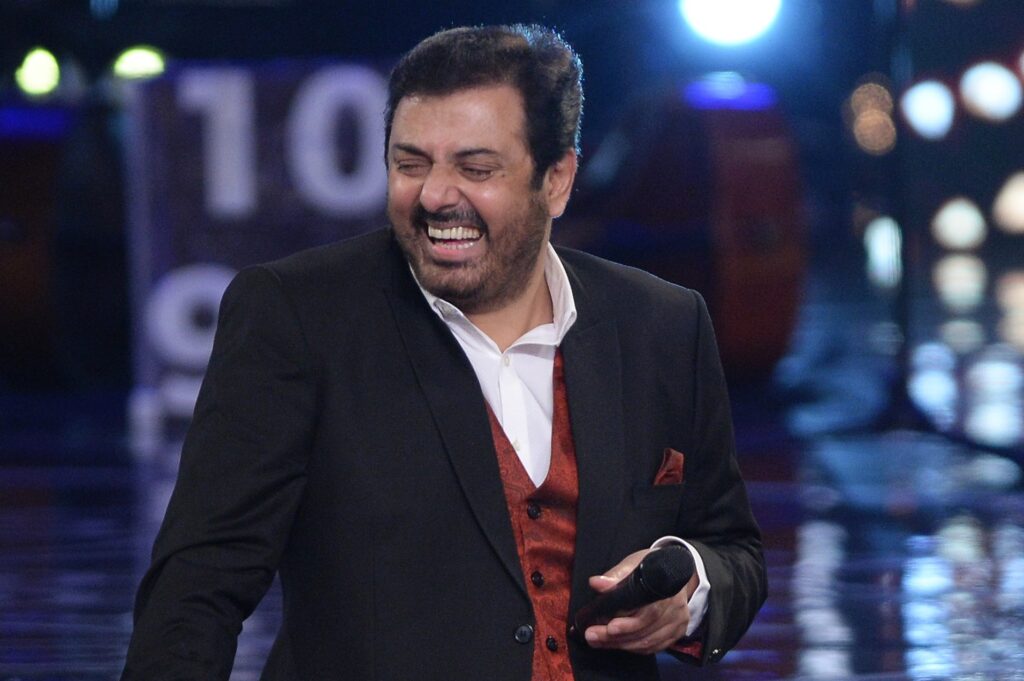Naumaan Ijaz is not one to mince words and more often than not speaks his mind.
Read more – Humayun Saeed vs Naumaan Ijaz: What’s going on?
In a recent interview with director and producer Rafay Rashdi, Ijaz slammed Pakistani dramas for failing to educate audiences and being limited to the four walls of the house.
Responding to Rafay’s question on how content has changed since he entered the industry, Ijaz said, “If you watch our dramas on YouTube or television, you will see that our characters move from the lounge to the drawing-room, from there to the kitchen and from the kitchen to the bedroom. And from the bedroom, it ends.”
“They don’t want to go outside; they don’t even want to look outside the window. How many stories can you make within the four corners of a house?” asked Ijaz.
Ijaz said that things took a turn for the worse after the arrival of private TV channels.
“Almost all the issues they highlight are similar. Before these private channels came in, dramas used to come in from all four provinces. Because of which one got a chance to learn about their cultures, their customs, their folk stories, and sitting at home just watching those dramas you used to get so much knowledge.”
Ijaz continued to slam private channels and said that nowadays, they only inform the audiences about how someone was having an affair with someone else’s husband or got married to some other irrelevant person. “Or you end up seeing someone take revenge from someone else for somebody else, or a mother hating on this person’s daughter. What is happening? What are we doing?” he said.
Read more – Bushra Ansari says she is done with ‘saas-bahu’ dramas
“Your dramas have diminished, you need to wake up! These people are just sleeping and feeding an empty box,” said the actor, adding that audiences nowadays have access to Netflix and Amazon Prime and that channels need to work harder to provide quality and informative content to them so that they return to Pakistani television.
“You can’t hold the private/independent producer responsible, you are responsible – the broadcasters are responsible,” Ijaz pointed out. “I remember when Sultana aapa made her first private production which was on the concept of khula, it became so controversial that people stood up, it created awareness. But what is this father taking revenge from his son or mother taking revenge from her daughter or bahu, where does this happen?” said an exasperated Ijaz, adding that drama producers are not even attempting to educate their audiences.
Ijaz added that through such dramas, private television channels are instilling hatred into the audience.
“These kind of things happen on a small scale, but if you start showing such negativity on a channel watched by the masses, they will adopt it.”
“I personally think our media should be hanged, they’re not educating anyone,” he remarked. “They think their audience is not smart enough, the audience has become aware but the media is still stuck. They are not interested in experimenting or growing – they just want volume.”
“For example, we talk about women empowerment but in our dramas we show women being insulted, beaten up and abused.”
When asked if lack of professionalism is the reason behind this problem, Naumaan said: “This industry – producers, broadcasters, actors – don’t know what professionalism is. Producers have to beg the broadcasters to pay them their money that is due. Directors are also not as respected as before. Unfortunately, we have lost everything including morals, values, respect, norms, everything.”
Naumaan concluded by saying that the country is it’s own worst enemy and that we don’t need any external enemies.







